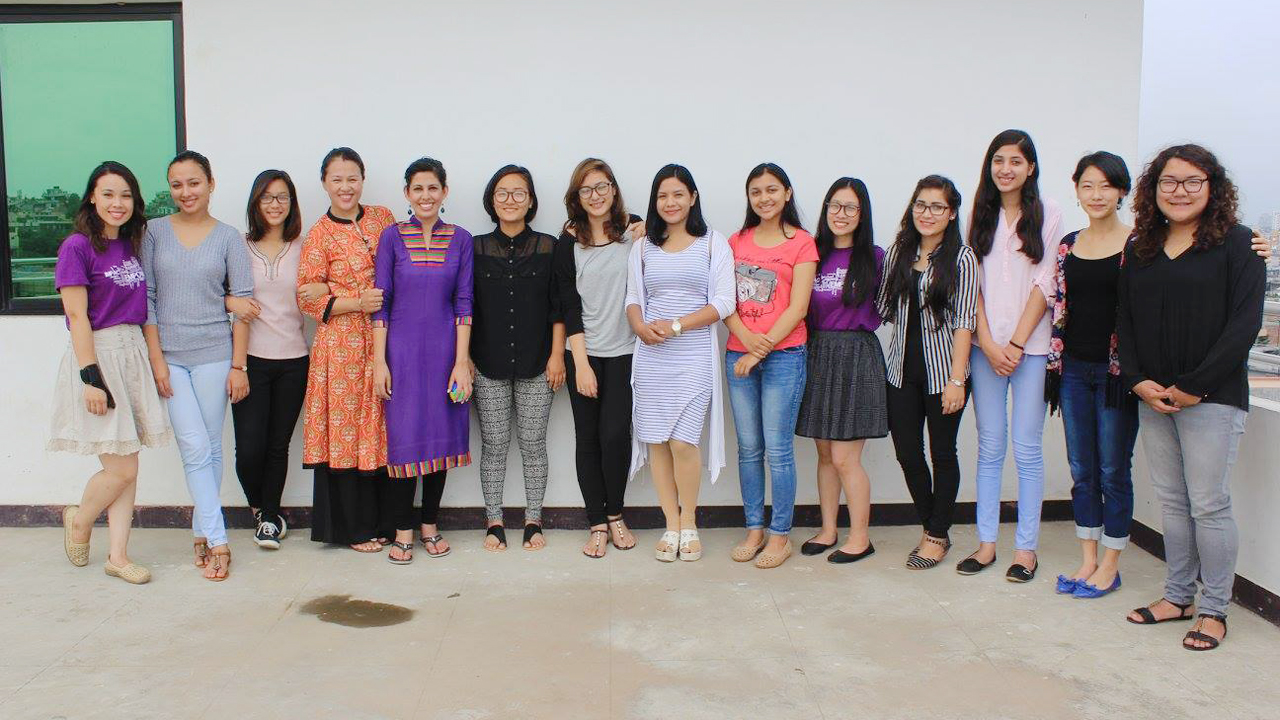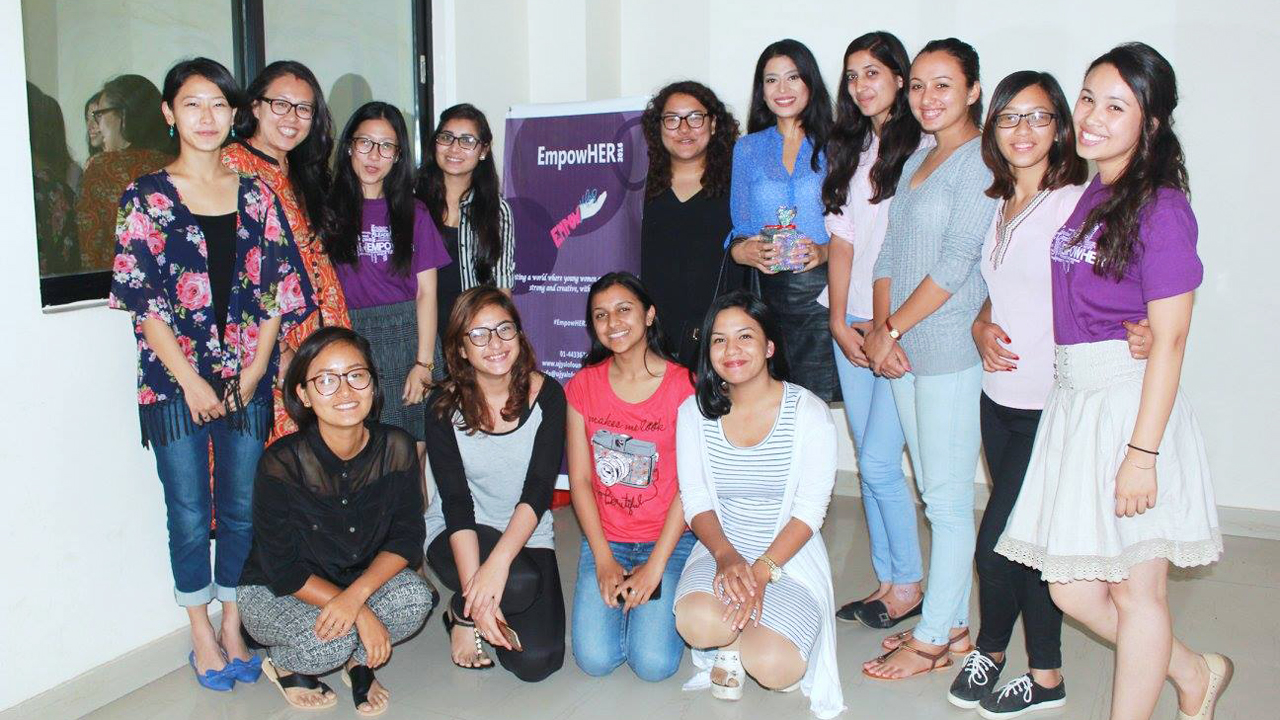Kathmandu, June 26, 2016: Pooja Pant, Co-Director of Voices of Women Media and a freelance video journalist has said that the media, in any of its form, can be the most impactful means to fight the injustices that women have still been facing today.
Talking in the programme ‘EmpowHER’ organized by Ujyalo Foundation in the capital, she said that media is the strongest instrument to bring women’s plights to light and make the society more responsible. “For that, we need to read and analyze what is reported and published on a daily basis and work from our own side to report on the issues that can bring about a change in the society,†she said. “It is up to us to tell our stories and make our problems and concerns heard.â€
Giving an example of how the story of Apsana Khatun on the website She is the Story brought into light the issue of statelessness in Nepal and the discriminatory provision of citizenship here, she said, “The story went viral to an extent that the heavy website-traffic caused our site crash numerous times and we had to repeatedly increase the bandwidth. The story was picked by numerous print and online media. Khatun was even called for a popular socio political chat show Suman Sanga, hosted by the former BBC World Service broadcaster Suman Kharel in Kantipur TV.†She shared about the responses from various mainstream media towards the story. She also talked about the case of Gita Rasaili, who is fighting to get justice for her sister who was brutally tortured and murdered in the Maoist war era.
Pant further shared on how the media can play a huge role in empowering women. “Your story can be told in the best possible way, only by yourself,†she said. She mentioned how women in India fear to go to the toilet at night for lack of safe indoor latrines. Screening Let’s break the chain, a video from India that depicted the real condition of women in India and how the society has focused more on a girl’s marriage rather than on her education, she presented the social status of girls there. It also depicted how the girls have been coming out breaking the boundary of 4-walls, and their dreams to become successful entrepreneurs in their life ahead. She also requested the ladies present in the programme to use different media like photography, audio, video, articles and blogging to tell stories and bring to light the hidden aspects to the general people.
Similarly, the programme also had a session on menstrual and gender blues in Nepal, facilitated by Amuda Mishra. She started sharing how girls have been forced to stay as untouchable persons at their periods. “Unfortunately, the menstrual issue of a lady is the matter of concern for everyone in our society. When I once mentioned that I’ve been to the temple, hiked, swum at my periods, everyone was surprised and made a nasty look at me,†she shared her experiences about the general perception of the people in the society. Talking in the session, one of the participants also shared on how she rebelled and entered the temple in her periods to break the preconceived notions and taboos. The lesson taught the girls about the gender dynamics prevalent in our society and properly dealing with these matters and having respectful position at one’s periods.
Furthermore, the cohort of 16 ladies also worked on Problem Tree for their individual project ideas for the ‘fellowship’, EmpowHER; as part of which they analyzed and looked at the problems in a detailed way and how their project aims to address these problems. They worked on the methods they used to decide the problem, reasons behind choosing that particular project, expressing if they have talked with their target community about the problem and worked on the causes of the problem and the effects it has brought about. They worked independently on small groups and later shared their findings with other groups to note similarities and differences.
The programme was organized as part of the 14-weeks long training session of EmpowHER and was fourth in the series. Started in the year 2015 with a belief that empowered women will empower society as a whole, the programme provides a platform for women to exude their ideas, exercise leadership, and contribute as an effective member to the community. EmpowHER seeks to ensure that the aspiring women leaders will be exposed to innovative learning through various trainings in leadership, networking, mentorship, and designing and implementing projects that help other marginalized women ultimately create a society where all the women are empowered.
Photos Courtesy: Ujyalo Foundation
By Basanta Kumar Dhakal








